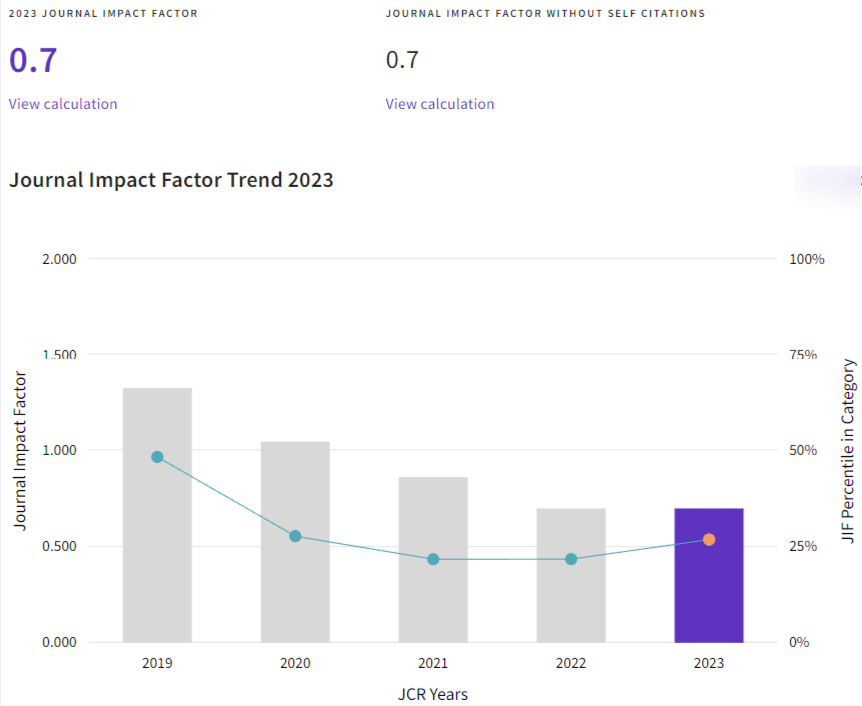Persistent efficacy of two macrocyclic lactones against natural rhipicephalus (boophilus) microplus infestations in cattle in the mexican tropics
Keywords:
Moxidectin, Ivermectin, Persistent efficacy, Rhipicephalus (Boophilus) microplusAbstract
The persistent efficacy of 3.15% ivermectin (3.15% IVM) and 10% moxidectin (10% MOX) against natural Rhipicephalus (Boophilus) microplus infestations in cattle in the Mexican tropics was evaluated. Thirty three (33) female cattle were distributed among three treatment groups (n=11), a) 3.15% IVM (0.63 mg/kg body weight subcutaneously, b) 10% MOX (1 mg/kg body weight, subcutaneously, c) non-treated controls. Numbers of adult ticks were determined on d 0, 3, 7, 14, 35, 56, 63, 70, 77, 84, 91, and 98 post-treatment (PT). On d 56, 3.15% IVM and 10% MOX showed similar (P>0.05) persistent efficacy rates: 95.0 and 99.9 %, respectively. Nevertheless, on d 70 PT 10% MOX had higher persistent efficacy than 3.15% IVM (96 vs 66.2 %, P<0.01). It was concluded that the extended persistent efficacy of both 3.15% IVM and 10% MOX given subcutaneously for the control of R. (B.) microplus populations shows that these macrocyclic lactones can be an alternative for the control of cattle ticks in the Mexican tropics. Persistent efficacy of moxidectin was higher than that of ivermectin.Downloads
Downloads
Published
How to Cite
-
Abstract405
-
PDF (Español)437
Issue
Section
License

This work is licensed under a Creative Commons Attribution-NonCommercial-ShareAlike 4.0 International License.





